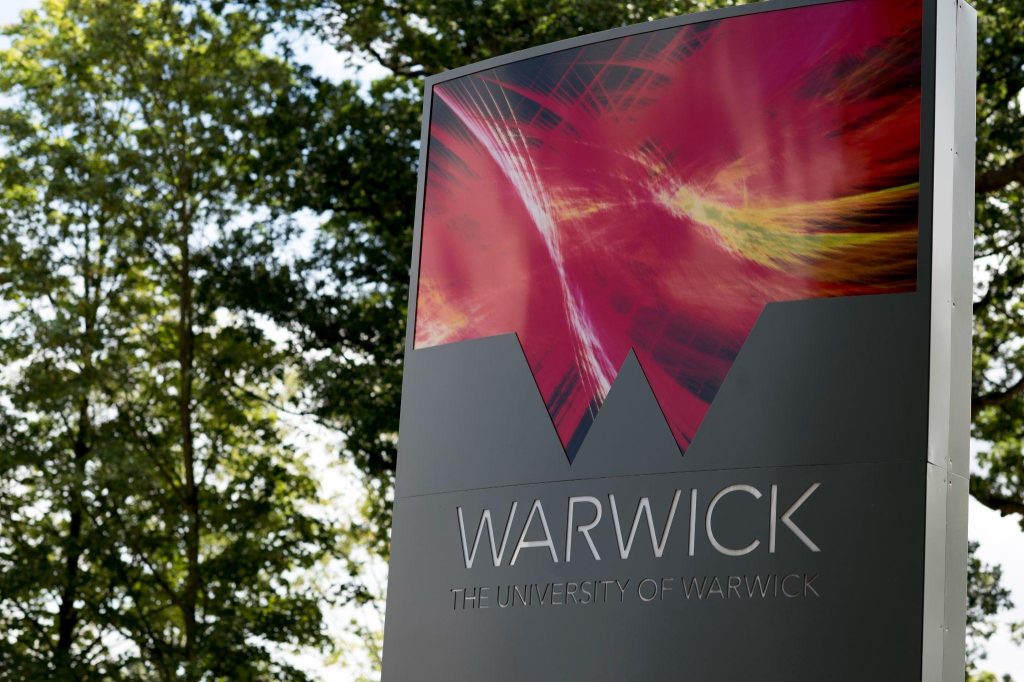
UK Plant Phenomics 2024 will take place from late morning September 4th to early afternoon September 5th. The conference will be single track, comprising sessions mixing formal presentations with Town Hall style discussion.Abstracts for Presentations and Posters submission NOW CLOSED may be submitted via Microsoft CMT.
Keynote Speakers
 Keynote Topics
Keynote Topics
-
Andy French: Importance of AI and data science for plant biologists.
Discussion on the importance of data science skills for plant biologists highlights the ubiquitous nature of AI and the necessity for a comprehensive understanding of its capabilities and limitations. This session emphasises the importance of grasping the meanings behind AI-related buzzwords and appreciating the complexities involved in integrating AI into biological research workflows. The presentation will delve into the ‘Data Capture Analysis and Management for Plant Phenotyping’ (DataCAMPP) training project, which is developing a suite of online courses aimed at enhancing data handling skills among plant biologists and other phenotyping professionals. Additionally, there will be coverage of the BBSRC ‘AI in the Biosciences’ community-building project (https://aibio.ac.uk/), which seeks to cultivate AI expertise within the biosciences community through events and pilot funding schemes, as well as to increase computing community awareness of potential biological applications of AI.
-
Dr Johannes Kromdijk: Phenotyping leaf photosynthetic trait variation on field-grown MAGIC maize.
Maize (Zea mays L.) is a major global crop species for food, feed and fodder. High photosynthetic efficiency is an important driver of maize productivity and also impacts water and nitrogen use efficiency. In this talk I will present a phenotyping strategy to characterise photosynthetic efficiency for quantitative trait locus (QTL) mapping using a field-grown maize Multi-parent Advanced Generation Inter-Cross (MAGIC) population, which combines the allelic diversity of eight contrasting inbred lines. The phenotyping pipeline used here in combination with the powerful MAGIC population design allowed detection of strong genetic signals for many of the measured traits. Further exploration of candidate genes was able to identify causal genes for some of the QTL and may offer potential for future maize improvement strategies.
-
Dr Stéphanie Swarbreck: Future Proofing Wheat for Low Input Regenerative Agriculture.
Farming practises are changing with no or low disturbance tillage, and cover crops increasingly being adopted. Given that current commercial wheat varieties tend to be assessed and selected for high yield production under standard agronomic practises, it is unclear whether these are best suited for regenerative agriculture practises. Similarly, new genetic wheat material with introgressions from novel synthetic hexaploid wheat and tetraploid wheat offer opportunities for wheat improvement but these have only been tested under conventional farming practises. In a multi-disciplinary research project encompassing agronomy, genetics, and field phenotyping we are assessing the performance of commercial varieties and novel wheat genotypes under regenerative agriculture conditions.
-
Ioannis N. Athanasiadis: Knowledge-guided machine learning in plant phenomics.
Machine learning has been instrumental in advancing plant phenomics in the past decade and enabling high-throughput phenotyping. Can machine learning be equally effective for advancing scientific discoveries related to plant phenomics? In this talk, I will revisit some of the grand challenges related to understanding and modelling plant growth in the GxExM continuum. We will share our experience from developing hybrid models for phenology predictions, and deep learning for modelling GxE interactions. Then, together with the audience we will identify some of the challenges and opportunities ahead that machine learning can be useful and impactful.
-
Stijn Dhondt: EMPHASIS – a research infrastructure for plant phenotyping – Status and future perspectives.
Plant phenotyping plays a critical role in understanding how plants interact with their environment, influencing factors such as yield, quality, and resource efficiency. In response to challenges like climate change and food security, the European plant and crop phenotyping community has spearheaded the establishment of EMPHASIS (European Infrastructure for Plant Phenotyping). EMPHASIS aims not only to address these challenges but also to strengthen the phenotyping community by fostering knowledge sharing, endorsing scientific rigor, and providing robust results. As a pivotal player in the European Research Infrastructure landscape, EMPHASIS endeavours to benefit not only researchers but also stakeholders and society at large, contributing to food security amidst evolving challenges. Transitioning to a European Research Infrastructure Consortium (ERIC) status is seen as a strategic move to elevate EMPHASIS’s European and global standing, enhancing governance, coordination, and method standardization. Details about the establishment of Functional Units and their scientific activities, the EMPHASIS governance, and overall timelines have been worked out over the past year.